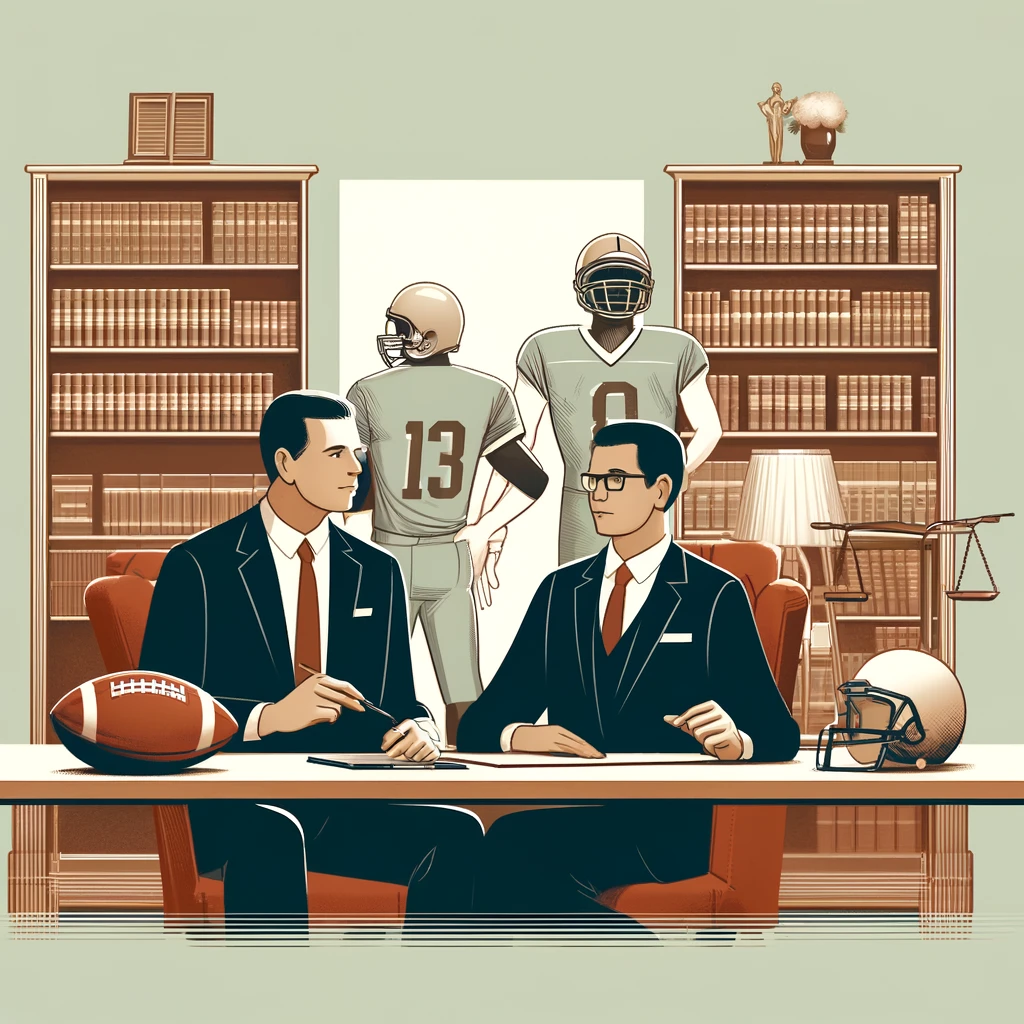Key Legal Issues for Professional Footballers
Participation in Matches and Training
One of the critical legal issues professional footballers face is exclusion from matches and training sessions. This often arises when there is a conflict between the player’s wishes and the club’s decisions. For instance, Goran Pandev’s case against Lazio highlighted the legal implications of unjust exclusion from team activities. Pandev successfully argued that his exclusion was without just cause, resulting in the dissolution of his contract and compensation for damages.
Disputes regarding a player’s medical condition can also significantly impact their ability to participate in matches and training. Mauro Icardi’s conflict with Inter Milan involved disagreements over his knee injury, where the club’s medical assessment did not align with the player’s claims. Such disputes underscore the need for clear medical protocols and transparent communication between players and clubs.
Obligations During Training Camps and Retreats
Professional footballers are required to attend training camps and retreats as mandated by their clubs. This includes pre-season training and staying at designated accommodations before matches. Failure to comply without valid reasons can result in disciplinary actions, as seen in the case of Napoli’s team rebellion, where players faced significant repercussions for leaving a mandated retreat.
Contractual Rights and Termination
The majority of professional football contracts are fixed-term agreements, typically not exceeding five years. These contracts provide stability for both players and clubs while allowing for periodic reviews. The fixed-term nature of these contracts is a critical aspect of the player’s legal relationship with their club. The landmark Bosman ruling significantly altered the transfer system, granting players greater freedom to move at the end of their contracts without transfer fees. This ruling enhanced the contractual freedom and mobility of players within the European football market, making it a pivotal case in sports law.
Disciplinary Actions and Player Rights
Ensuring fair treatment and non-discrimination is crucial in managing the relationship between players and clubs. Legal disputes, such as those involving Mauro Icardi, highlight the importance of maintaining clear and fair disciplinary procedures. Clubs must balance their managerial discretion with the rights of players to fair treatment and participation.
Legal Protections and Obligations
The legal framework governing professional footballers in Italy encompasses various protections and obligations. This includes ensuring players’ rights to fair treatment, participation in training and matches, and protection against unjust exclusion. At the same time, players are obligated to adhere to club mandates, including training schedules and retreats, and maintain professional conduct.
Ensuring the health and safety of players is a primary obligation of clubs. This includes providing adequate medical care, safe training facilities, and a supportive environment. Disputes over medical conditions, such as the Icardi case, highlight the importance of clear medical protocols and player welfare. Players are required to maintain professional conduct and comply with club directives, including adhering to training schedules, attending matches, and participating in club activities. Failure to meet these obligations can result in disciplinary actions and impact the player’s career.









